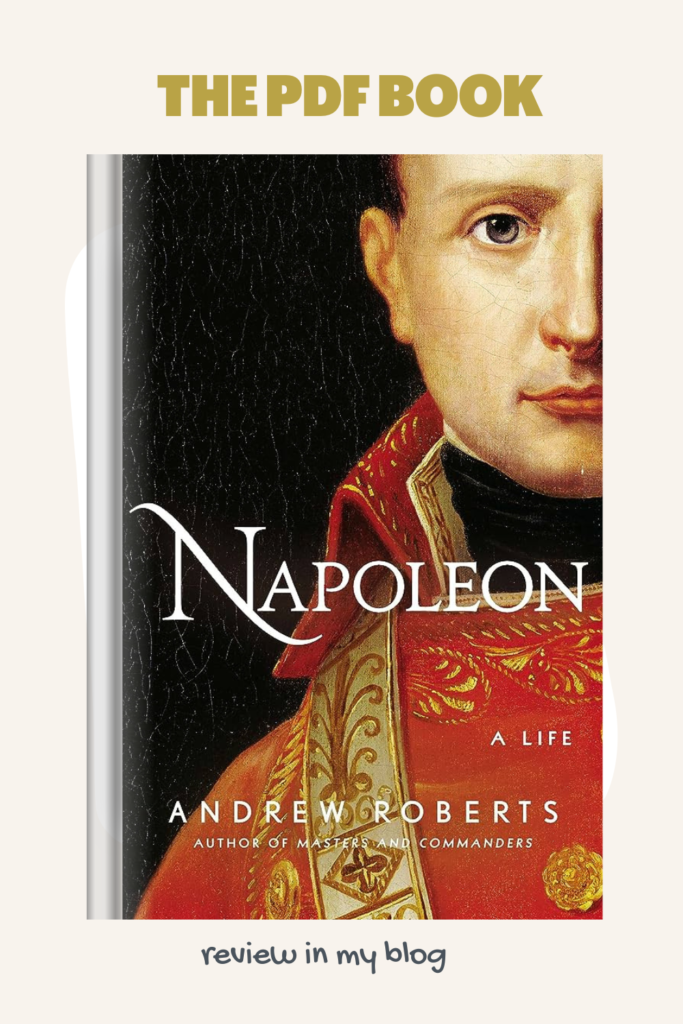Napoleon the Great

Introduction
Napoleon Bonaparte, famously known as Napoleon the Great, is one among records’s maximum outstanding figures. Born on August 15, 1769, in Corsica, he became a relevant participant in the French Revolution and later fashioned European history thru his empire.
The Rise of Napoleon Bonaparte
Napoleon’s ascent started out along with his army career. Rising quickly thru the ranks all through the French Revolution, he showcased extraordinary strategic prowess. His early victories, inclusive of the Siege of Toulon, highlighted his capability and set the stage for his future achievements.
Military Innovations and Campaigns
Napoleon’s army strategies are mythical. His campaigns, along with the Italian and Egyptian campaigns, displayed his modern techniques. The use of fast maneuvers and decisive engagements revolutionized warfare. The Battle of Austerlitz in 1805 is in particular referred to for his strategic brilliance.
The Napoleonic Code: Legal Reforms
One of Napoleon’s significant contributions is the Napoleonic Code, established in 1804. This set of legal guidelines aimed to standardize and simplify prison concepts throughout France. The code prompted felony systems worldwide, promoting standards together with equality earlier than the regulation and safety of property rights.
Expansion of the Napoleonic Empire
At the height of his energy, Napoleon’s empire stretched across Europe. His conquests blanketed big territories from Spain to Russia. Despite his preliminary successes, the expansion added demanding situations. The Peninsular War and the Russian campaign have been sizable setbacks that strained his assets and military electricity.
The Downfall of Napoleon
Napoleon’s dominance confronted growing opposition. The coalition of European powers and defeats in key battles, such as Leipzig in 1813 and Waterloo in 1815, caused his eventual downfall. His first abdication in 1814 and short go back in the course of the Hundred Days were pivotal moments in his decline.
Napoleon’s Legacy
Napoleon’s legacy extends beyond his army and political achievements. His reforms in management, training, and law have had an enduring impact on modern Europe. His strategies are still studied in army academies, and his legal reforms hold to persuade prison structures globally.
Conclusion
Napoleon the Great’s impact on history is undeniable. His strategic genius, prison reforms, and administrative modifications have left an indelible mark on Europe and the world. Despite his arguable rule and eventual fall, his contributions to navy strategy and criminal structures stay substantial.
FOR MORE BOOKS CLICK ME


